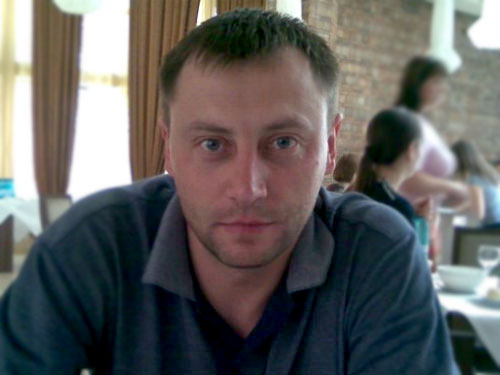Current political system does not match character of Moldovan political class, Ion Tabarta

https://www.old.ipn.md/en/current-political-system-does-not-match-character-of-moldovan-political-class-io-7965_993532.html
The constitutional amendments of July 5, 2000 were the result of the conflict between two state institutions – the Presidential Office and the Parliament, headed by Petru Lucinschi and, respectively, Dumitru Diacov. President Petru Lucinschi demanded returning to presidential government (that existed in Moldova until the Constitution was adopted on July 29, 1994), which would have given the head of state more powers. For his part, the then Speaker Dumitru Diacov opposed extending the prerogatives of the President and pleaded for parliamentary government.
Consequently, the parlaiemntary majority voted for changing the form of government in Moldova – from semipresidential (joint) into parliamentary. The change was a rather formal one. The major modification was made to the procedure for electing the head of state. It was decided that the President will not be elected directly by the people, but indirectly, by theri representatives. The other prerogatives of the head of state remained practically unchanged. The President was to elected by 3/5 of the votes of MP (accidentally or not, but the Alliance for Democracy and Reform had exactly 61 seats).
The way the constitutional change was made on July 5, 2000 and its essence make us think that the real goal of the switchover from semipresidential to parliamentary republic was to prevent President Petru Lucinschi from winning a new mandate. In fact, the practice wasn’t new at that moment for Moldova. The previous changes of the type of the republic were also made as a result of conflicts between segments of the Moldovan political elite.
In 1991, following a conflict between the Presidential Office headed by Mircea Snegur and the Cabinet led by Mircea Druc, Moldova was transformed into a presidential republic. In 1994, when the Constitution was being drafted, the parliamentary majority held by the Agrarian Democratic Party of Moldova took into account the conflict between the Agrarians and President Mircea Snegur when choosing the type of republic. Therefore, the powers of the head of state were cut and Moldova became a semipresidential republic.
Chronologically, since 2000 until now, there were made six attempts to elect the head of state in Parliament – in 2001 and 2005 and four attempts in 2009. Only two of the six attempts were successful. Vladimir Voronin was elected head of state in both of the cases.
This experience shows that if the head of state is not elected in the first round of voting, the second round is useless. Four of the six attempts to elect the President featured Communist candidates. Only one of them had a balanced character. The results of the other attempts, either positive or negative, were predictable.
Several conclusions can be thus formulated. The political class in Moldova is unable to reach compromises. A compromise was reached only once, on April 5, 2005, when Vladimir Voronin was reelected as head of state. Hence, we can say that the Moldovan political class has a political culture based not on consensus and compromise, but on domination.
Another conclusion derives from the first conclusion – the evolution of the Moldovan political system, from presidential to parliamentary republic, wasn’t organic and natural, but rather conjunctural, determined by the interests of the political players of the 1990s. The current political system does not match the character of the Moldovan political class. Using chess terminology, we can say that it got into an institutional-constitutional bed.
The institutional blockage caused by the lack of political culture needed to make the current Moldovan political system functional leads us to the third conclusion - the Constitution should be modified. Even if the head of state is elected on November 18 (or in the second round of voting), constitutional amendments will anyway be necessary. The semipresidential republic (as in 1994-2000) may be restored and the President will be elected by popular vote, which better matches the Moldovan political culture. Or the parlaiemntary reform of 2000 may be brought to an end by amending Article 78 of the Constitution and several more articles so as to transform Moldova into a veritable parliamentary republic, with the head of state having a number of symbolic powers.
[Ion Tabarta for Info-Prim Neo]
